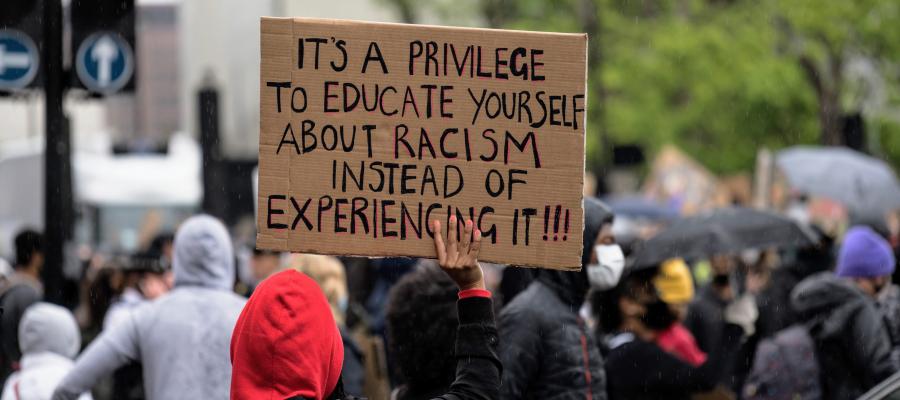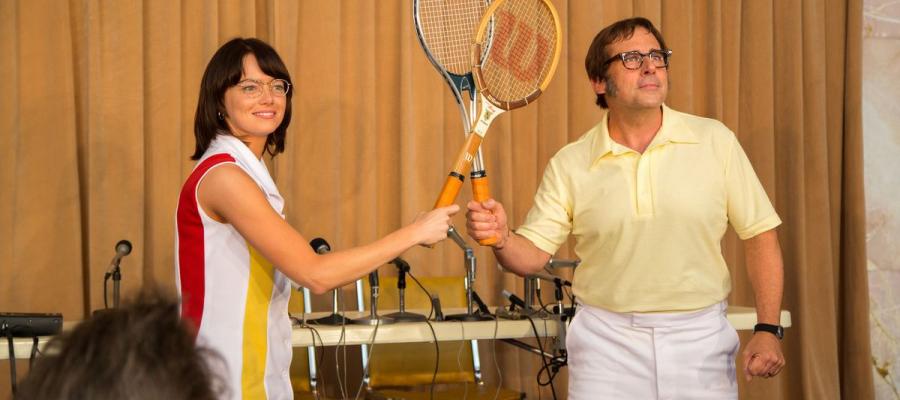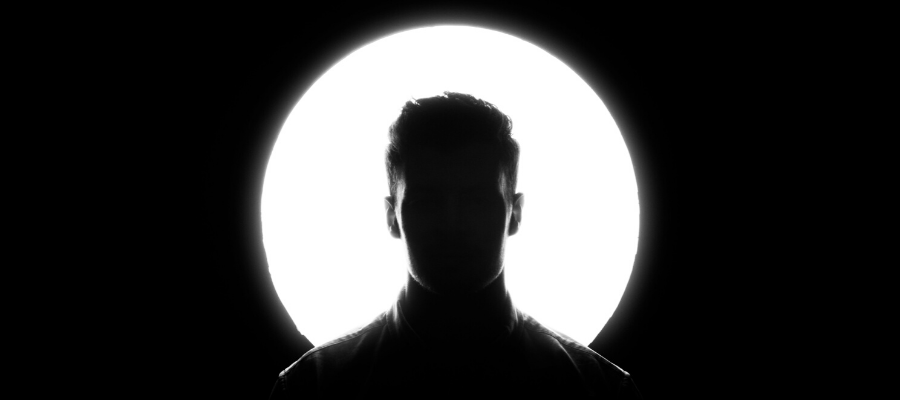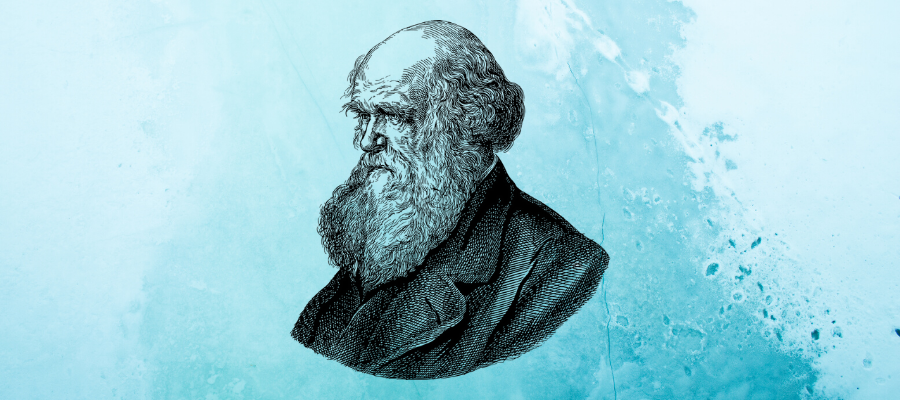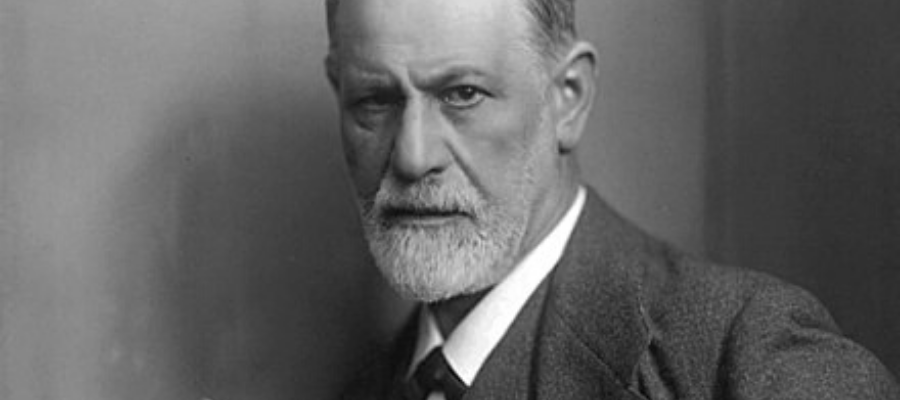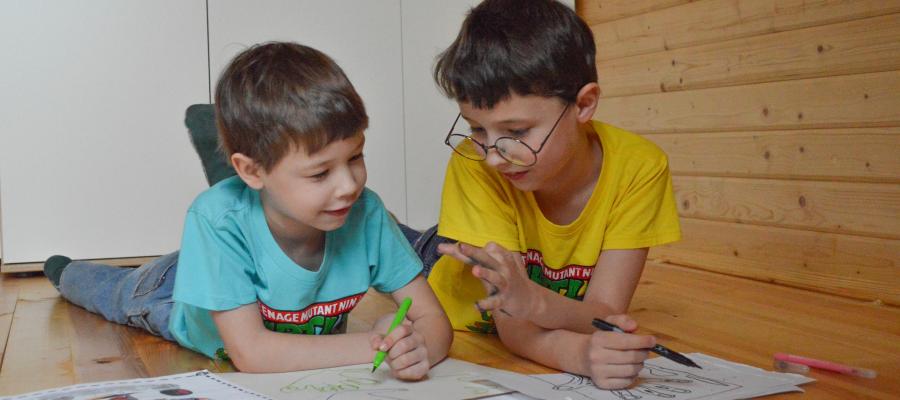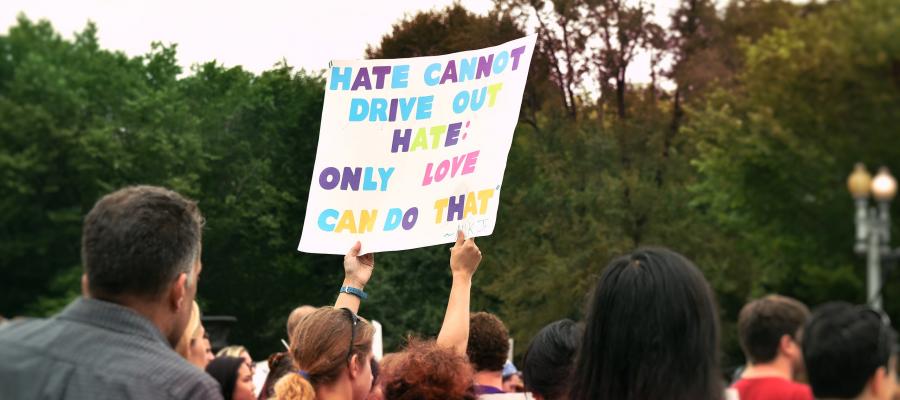Reader’s Block and Bad Philosophy
18
Jun 2019
When I was eleven I had reader’s block—as my mom called it, when she tried to explain why I was acting even weirder than normal. The several things that people call “reader’s block” are all forms of resistance to reading. “Reader’s block” might refer to reluctance to read at all; anxiety about reading some specific intimidating book; or that special frustrating phenomenon where you drag your eyes over the lines of a page without taking anything in. What I had was most like this last thing, but more acute and puzzling. I think now that it was the result of a specific...
Read moreYour Racist Mental Habits
10
Jun 2020
By this point it’s old news that your explicit attitudes about race don’t tell the whole story about racism. When you sit down to introspect carefully, you might end up thinking consciously: “of course people of all races are equal.” But that simply does not imply that you are free from racism in your mental life. A flurry of studies over the past few decades have shown that even self-avowed non-racists can still be robustly implicitly biased against black people. One classic test, which you can take yourself online, has been used to show that people tend to more quickly associate the...
Read more#FrancisOnFilm: Battle of the Sexes
18
Oct 2017
Battle of the Sexes is a feel-good movie that’s slickly-made and well-acted. It’s a happy ending movie on just about every level, including some that weren’t so happy in real life. King wins the tennis match against Bobby Riggs. Larry, King’s then-husband, supports King’s tennis career, tolerates her developing understanding of her sexuality, and ends up with a happy second marriage with King the godmother to his children. Riggs reconciles with his wealthy wife. The women’s tennis tour makes a lot of money for its participants, promoters, and not incidentally Virginia Slims. Jack...
Read moreIs 'The Will of the People' Sacred?
26
Mar 2018
One golden standard of successful democracy is whether its political decisions and institutions adequately reflect the will of the people. But what exactly is this will of the people? The will of the people can be a very elusive concept. Is it the sum of constituent preferences or is it something beyond that? And why is it so revered? This article by John Elledge criticizes how we often think that the will of the people makes everything right. He highlights how fickle and erroneous the will of the people can be. https://www.newstatesman.com/2018/03/stop-saying-will-people-people-can-...
Read moreOn Awesomeness
27
Aug 2021
Is “awesome” just an overused word for things we really like? Or does it refer to a particular kind of excellence? Would the world be a better place if we all tried to be more awesome and less sucky? This week, we’re thinking about awesomeness. As an immigrant to this country, it seems to me that Americans love to call everything and anything “awesome.” Once upon a time, it used to mean inspiring fear or awe, but now it seems it’s just a word that tech bros and valley girls use for things they like. Of course, just because a word once meant something in particular, it doesn’t follow that...
Read moreThe Birth of Black Feminism
30
Sep 2024
Anna Julia Cooper was only the fourth African American person in history to earn a PhD, after having been born into slavery. She went on to write A Voice from the South (1892), a landmark book which influenced later thinkers such as Frederick Douglass and W.E.B. Du Bois. Among other things, it anticipated Du Bois's discussion of “double consciousness”: in a racist society, she wrote, Black people can easily end up seeing themselves through the eyes of their oppressors. You see yourself not just your own way but also someone else’s way (hence the term "double...
Read moreFinding Meaning in a Material World
18
Feb 2016
Modern science tells us there are no souls and nothing transcendent. There’s only dumb matter and energy, swirling aimlessly through the void. We humans are nothing but temporary arrangements of such matter – gone and forgotten in the blink of the cosmic eye! But what, then, is the point of it all? What, then, is the meaning of human life? That’s the question we’re grappling with today. It’s an urgent question. But I do worry that it may lead us into a lot of anguished wailing and gnashing of the teeth. What if life really does have no meaning...
Read moreWatch Where You Point That Thing
16
Mar 2015
The recent assassination of cartoonists of the publication Charlie Hebdo was deplorable. Producing humor that helps us deal with the day-to-day stress of modern living should not be a life-threatening occupation—even if it is the traditional tasteless French “gouaille” humor, which is intentionally outrageous and offensive. Satire is a good tool for social commentary. Satire doesn’t (usually) kill anyone. It is an irreverent rebellion against the target’s power and influence. The fact that a satirist has made us laugh about something forces us to at least wonder if there is some truth in...
Read moreNegotiating Identities: The Crash Solution
14
Jun 2005
Thanks very much to Anthony Appiah for being our guest on the show last week. You can check out the episode here. I meant to be blogging about this one awhile back, but the rest of my life intruded, unfortunately. I'm about to head off to Australia for seven weeks, where I'll be a visiting fellow at the Australian National University. I'll actually do three of the shows from down under. That's going to be tough. I'll have to be in a studio there at 4.00 AM. Now that is dedication. But back to the topic...
Read moreConfessions of a Cassandra
31
Jan 2017
This essay is a lot more personal than any of my previous postings on this blog—or, indeed, any my writing anywhere else. It’s personal because it concerns a topic that is so important to me that I cannot bear to shroud it in a pretense of academic detachment and so overwhelmingly significant that the thought of writing about anything else seems grotesque. On June16, 2015 Donald Trump descended the escalator to the lobby of his eponymous tower to announce that he was throwing his hat into the presidential ring. This announcement was the source of great amusement among my...
Read more[VIDEO] Is it OK to Kill Animals for Food?
07
Apr 2017
According to a poll conducted in 2016, approximately eight million US adults are vegetarian. The reasons that many vegetarians pose for their meatless diet vary, often including environmental or health benefits. However, what about the simple reason that killing animals for food is not morally justifiable? If the entire planet could survive eating only a vegetarian diet, are we justified in killing millions of animals a year? In this episode of Wireless Philosophy, Tyler Doggett of the University of Vermont tackles this question. If we do not approve of killing other humans for...
In Praise of Reading
25
Jul 2017
We modern humans read all sorts of things and for all sorts of reasons. Reading newspapers helps keep us informed about what’s happening in the wider world. We read letters, or once did, from those still dear, but no longer near. Lovers separated by oceans and continents once routinely bared their hearts to one another in passionately composed letters, recieved and read with great delight. As humankind’s ability to travel the world increased, reading took on ever greater importance as a means of cementing and maintaining bonds of family and friendship. These days the written word...
Read moreWeapons of Mass Destruction
27
Mar 2014
This week we’re thinking about the ethics of Weapons of Mass Destruction — a massive topic. But for once, at least we don’t have to search for a definition. It comes straight from a United Nations commission in 1947: Weapons of mass destruction “include atomic explosive weapons, radioactive material weapons, lethal chemical and biological weapons, and any weapons developed in the future which have characteristics comparable in destructive effect to those of the atomic bomb or other weapons mentioned above.” That’s an interesting list, but I’m not sure it’s a definition...
Read moreThe Philosophical Legacy of Charles Darwin
05
Dec 2009
Today our topic is Darwin's Philosophical Legacy and our guest is the one man in best suited to help think this through. That would be Dan Dennett, author of many books inspired by Darwinian ideas. Dennett thinks that Darwin's idea of evolution through natural selection is both the single best idea that anyone has every had about life and how it works and also a deeply unsettling even "dangerous" idea. You can join the conversation by posting to this open blog entry.
Read moreAtheism and the Well-Lived Life
07
Jul 2011
An atheist is someone who not only doesn't believe in God, but believes, with some confidence, that there isn’t a God. But ambiguity remains. Does that simply mean rejecting the classical Judeo-Christian all-perfect God? Or does it mean rejecting Hume’s much weaker criterion: that the world was created by some thing or things bearing some remote analogy to human intelligence? I’ll call the more radical view “strong atheism”. It says the world was not created by, and is not controlled by, any intelligence, or anything having any remote analogy to intelligence...
Read moreThe Future of Philosophy
03
Aug 2006
This weeks episode concerned the Future of Philosophy. It was something of a departure for us. We taped the show in front of live audience of professional academic philosophers at the annual meeting of the Pacific Division of the American Philosophical Association way back in March. We had three really good guests -- Liz Harman, Sean Kelly and Brian Weatherson. Thanks to the three of them for appearing. We've invited each of them to blog here any further thoughts they might have about philosophy's future. Perhaps they'll take us up on the invitation. Stay tuned. Brian Weatherson is a...
Read moreFreud's Philosophical Challenges
08
Jan 2019
Last month, I started a new series of essays on Freud as a philosopher. This month, I want to lay out some of the perplexing philosophical issues that Freud and his intellectual community were confronted with towards the end of the nineteenth century, and how they grappled with them. You simply can’t properly understand Freudian theory, or appreciate Freud’s philosophical originality, without knowing what these issues were and how Freud addressed them. One of the most central of these was the mind-body problem. The mind-body problem is one of the traditional topics in the branch of philosophy...
Read more2019: The Examined Year
23
Dec 2019
There was a dispute about how much AT&T wanted to charge DISH, which led to DISH no longer carrying HBO. I’d have pay more for just HBO, and I already have Hulu, and Netflix, and DMZ, and Amazon Prime, and DISH. And Apple and Disney are leaping into the brave new world of streaming, so I missed the new adaptation of Watchmen. Thanks, 2019. However, I understand that Dr. Manhattan is being played by a black actor. In the original comic, Doctor Manhattan was a white guy who looked like a cross between the Academy Award statue, and Brainiac. Remember Brainiac? He always gave...
Read moreDo Victims Have Obligations?
18
Jan 2018
In this 20-minute podcast, Ashwini Vasanthakumar makes the rather provocative claim that victims have obligations too. While victims may not be responsible for being chosen as the unlucky targets of perpetrators or unfortunate circumstances, Vasanthakumar claims, once they escape their immediate ordeal, victims are in "epistemically privileged positions" in virtue of their experiences. Thus, they play an important role in restoring justice by holding perpetrators to account or informing bystanders and potential victims. For example, a victim of torture may be the only person to know...
Read moreThe Ethics of Homeschooling
03
Jul 2018
It's no secret that black children in American receive a subpar education compared to their white peers: underfunded schools, higher rates of suspension, and largely teachers that are not like them. To address this, some black parents are turning to homeschooling their children, as well as to impart a strong appreciation of Black culture and achievements. Is this self-reliance a form of agency and empowerment in raising confident children, or in fact a step backward from the Brown v. Board of Education and the fight to desegregate schools? Read more: https://www.theatlantic.com/...
Read moreReasons to Hate
18
Oct 2020
Why is there so much hate in the world? Is hatred ever morally justified? Or does hate just breed more hate? What exactly is hatred anyway? These are some of the big questions we’re tackling on this week’s show, Why We Hate. Tragically, this subject is very timely right now. Since 2016, the number of hate groups, which openly advocate violence, terrorism, and murder, increased dramatically. And in 2018, violent hate crimes reached a 16 year high in the US. This is a serious problem that we should not downplay. However, we can acknowledge this problem and, at the same time, question...
Read moreParfit and the Selves That Matter
10
Apr 2023
Derek Parfit was a really interesting thinker when it came to identity and the self. He had a particularly cool thought experiment involving tele-transportation. Suppose you’re on your daily commute to Mars. You’re about to get beamed up, but something goes wrong—the transporter makes a copy of you on Mars, like it’s supposed to, but it forgets to vaporize you back home. So now there are two of you. And if there are two of you, the question is which one is the real you—the you on Earth, or the you on Mars? To some the answer seems obvious: it’s the original you on Earth. After all, imagine...
Read moreAesthetics for Dogs?
11
Apr 2017
Dogs love art! At least, when that art is designed with them in mind. The Huffington Post reported the first ever canine-centric art show, created by London artist Dominic Wilcox. To help him design the exhibit, Wilcox did a lot research about the canine visual system, and added various scents to the artwork. Judging from the photos, the dogs looked engaged by the art.“The dogs seemed to love their visit,” Wilcox told The Huffington Post. “Tails were wagging like crazy at the giant dog food bowl filled with brown balls. They were jumping in and out of...
Read moreWhat is a Culture of Victimhood?
20
Sep 2015
A few thoughts about so-called cultures of victimhood and whether it's a new, old, or even real phenomenon, prompted partly by recent "debates" over trigger warnings, but also by our recent episode on the Changing Face of Feminism. I put "debates" in quotes like that because I think of the debates more as heated exchanges. Way too much talking past each other and way too little sympathetic listening has gone on.But enough of that. I start with the observation that it's surely true that there have been victims as long as there have been humans...
Read moreOn the Absence of Dogmatism
12
Mar 2005
During our episode on Religion and the Secular State Robert Audi claimed that some religions are non-dogmatic He might be right about that, I am not sure which ones he had in mind. On the other hand, John was pushing the line that many of our "secular" beliefs have pretty much the status and function of dogmatic religious beliefs. At least for some people, he might be right about that. I recall that at least one caller agreed with John's remark. I still insist that if we are to have a shared public life that reflects what ...
Read more
